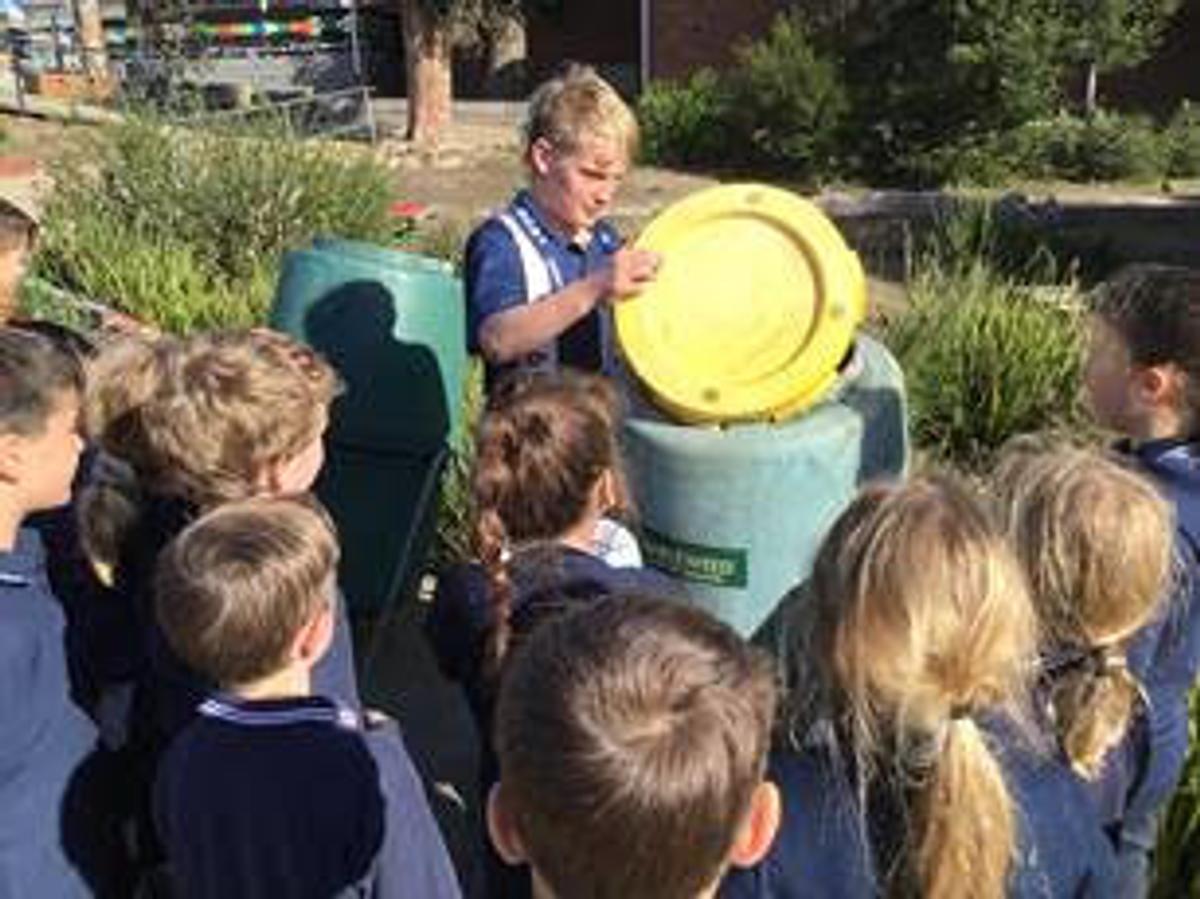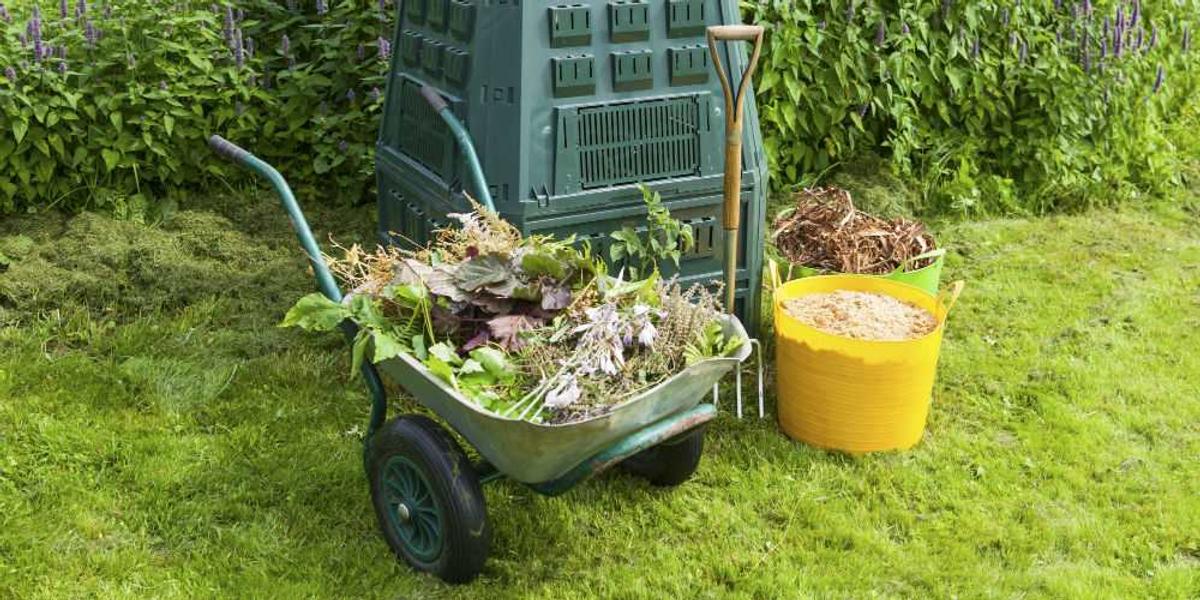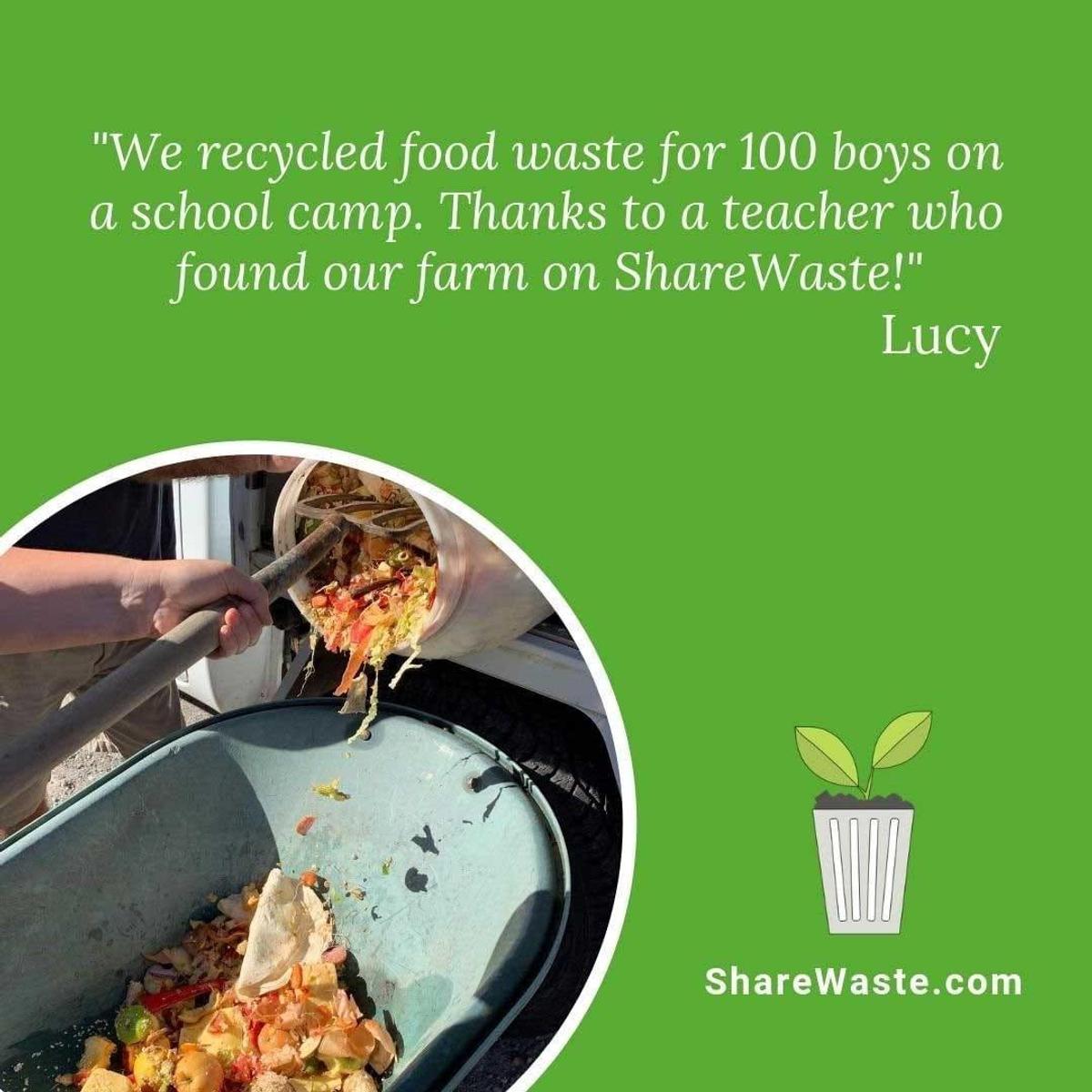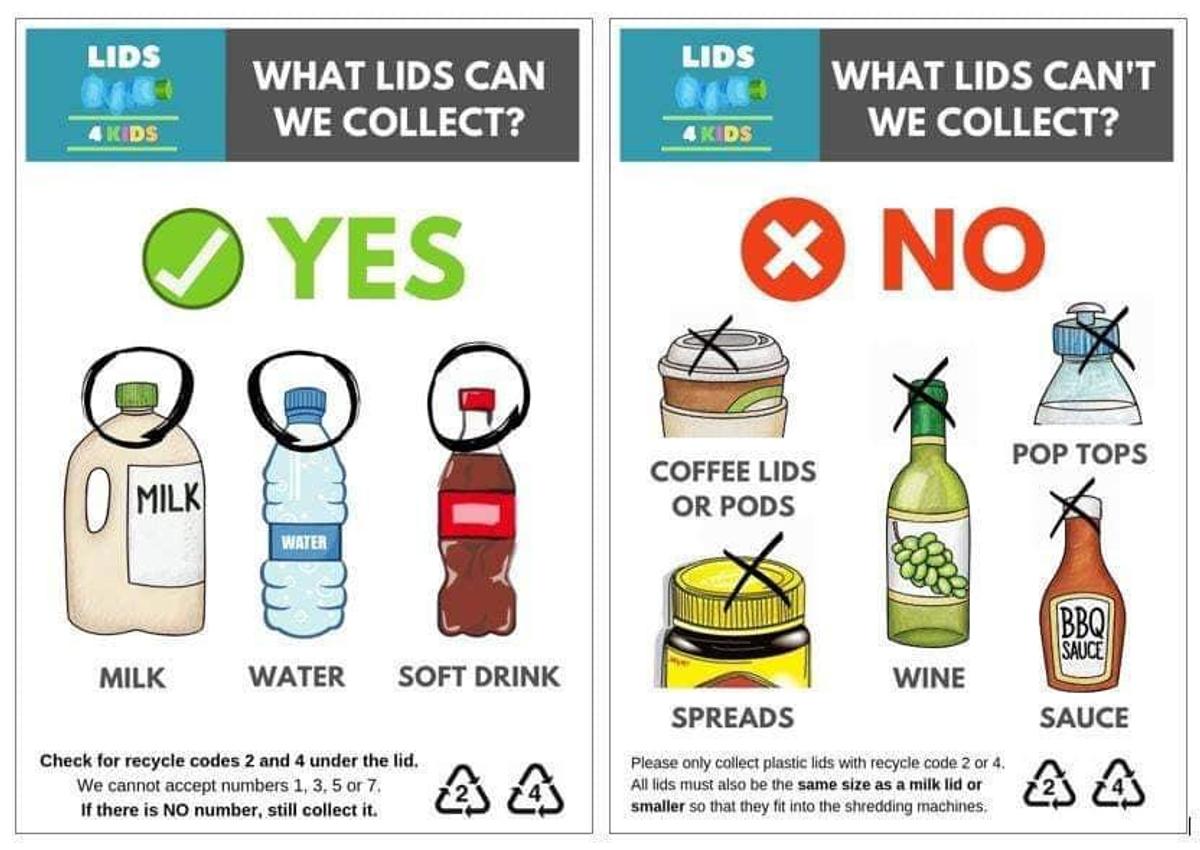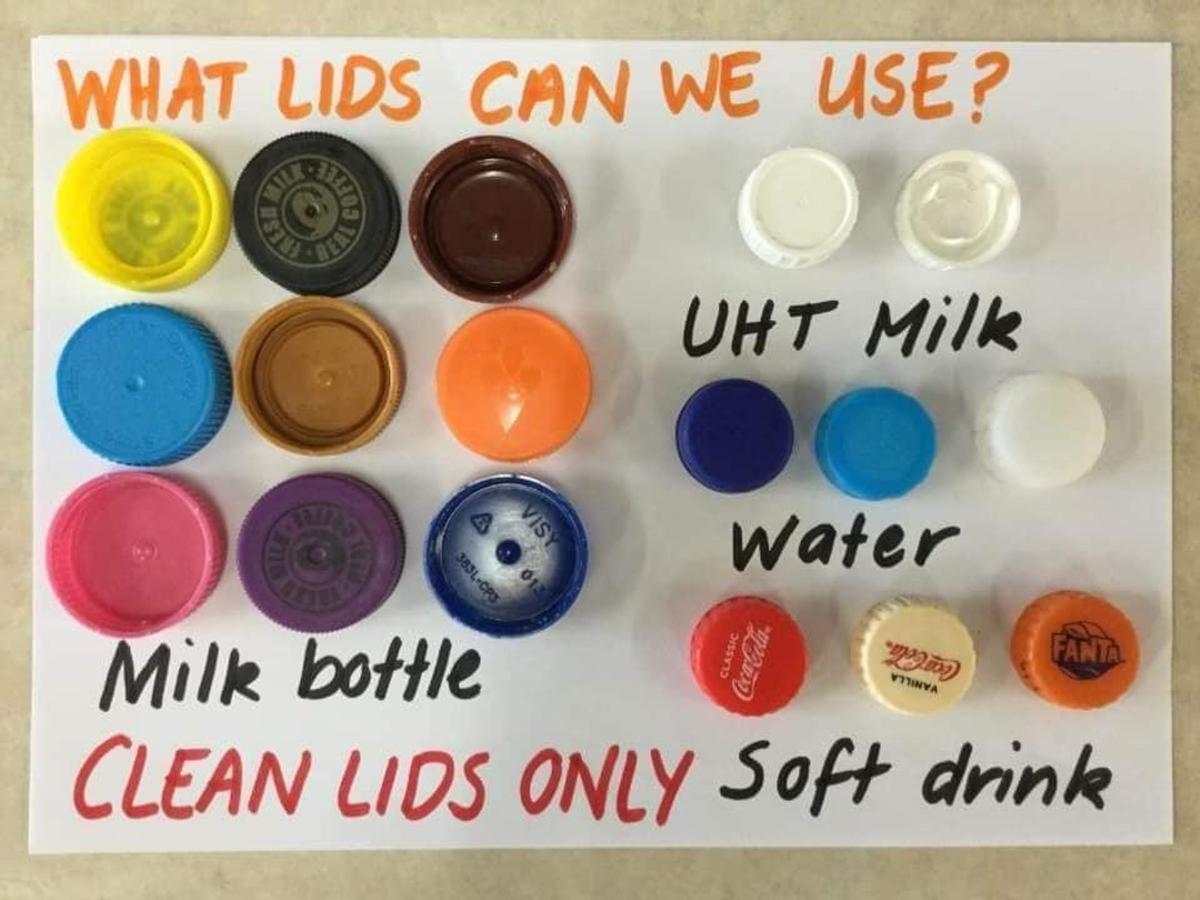Eco Club

School Composting
Composting is starting to happen at OGPS (yay)! We would like to thank the OGPS Parents and Friends club for funding the purchase of our two new compost bins.
Owain from grade 6 has been doing a great job running composting lessons with any classes that need help and Bo and Evelyn from grade 3 made a video to show the kids where they are located.
The teachers have been doing a fantastic job with Em Powell leading the way.
We were planning on hosting a Nude Food Day this week, however this will be postponed until we are all back to onsite learning. Nude Food Day will be a coin donation which will help the kids purchase 2 additional compost bins as our existing ones have been filling up very fast. We have also been fortunate enough to have been donated some great prizes to be passed out to the kids on the day.
What are we putting in the bins?
Stick to plant waste (fruit and veg) for now. You can put tea bags in too.
You can compost bread but we aren’t going to at this stage.
NO dairy or meat.
Year 6 will start putting shredded paper in to make up the brown waste.
Maybe over lockdown you might want to get a composting area set up at home? Here are some tips to help get you started.
Home Composting 101
Source Flora & Fauna.
Composting your food scraps at home is one of the easiest things you can do to nourish your garden and help the environment. If you've never composted before, you're likely to be curious about why and how you should start composting.
As a beginner, you probably have a list of questions about composting, all of which we will try to address in this post.
Firstly, what is composting?
Quite simply, composting:
- Turns your leftover food into a valuable resource for your garden and house plants
- Keeps your food scraps out of landfill
- Can save you money on fertilisers and manures
- Reduces methane production
Why Should I Start Composting?
For your garden - Adding compost to your garden or house plants improves its soil structure, aeration and water retention. It also adds important micronutrients and increases bacterial activity in the soil. It’s nicknamed ‘Black Gold’ by gardeners because it’s so beneficial for soil! For the plants that feed off the soil, it can improve their flavour, nutrition and resistance to common diseases. It’s basically a plant superfood.
For the environment - Composting not only reduces your food scraps to plant-loving nutrients, but it also has a significant impact on the environment around you. By creating your own compost, you are reducing the use and need for chemical fertilisers, as well as decreasing methane emissions in landfill.
In Australia alone, 8.2 million tonnes of food waste is generated each year, most of which ends up in landfill. When food accumulates in landfill, it begins to decompose (broken down by bacteria through anaerobic digestion, meaning there’s not enough oxygen reaching all the food waste). Because of the lack of oxygen, bacteria in the waste produces methane gas, a potent greenhouse gas. This is why the simple act of composting can have an enormous positive impact on the health of our planet.
You Don't Need A Big Space To Compost
Although many of us believe we need a large garden or mini-farm to be able to compost, the truth is composting is something we all can do at home, pretty easily, and cost-efficiently as nature basically does all the work. And just to address the “smell” concern from the get-go, composting mostly only releases a smell when food scraps are mixed with non-organics (like plastic). Now that plastic bags have been phased out, there really isn’t a better time or reason to get on board with composting to reduce your wet, smelly rubbish that comes from food decay.
To help you work out which composting system is right for you, we’ve listed a few easy composting solutions in an effort to avoid sending any more food scraps to landfill. Your garden, your chickens and your community will love you for it.
Compost heap in your backyard
Clear a patch of dirt in your backyard for a compost heap. Make sure it’s a well-drained spot that receives sunlight throughout the day. While this option has no setup costs, it is the least effective composting process.
Stationary compost bin
This is the most popular composting setup. Compost bins break down organic matter faster because they retain moisture and heat, which is why most compost bins are black. Choose a size that matches the amount of food scraps your household produces. Placing the bin in direct sunlight will help your compost decompose faster.
Rotating compost bin
Rotating bins help aerate and mix the compost together (they come with a handle that lets you easily spin the bin). Compost decomposes fastest in a rotating bin, although they might be more expensive to set up.
Here is a great link with information to help get you started. https://www.allgreen.com.au/garden-advice/how-to-make-compost-101-a-step-by-step-guide
You could also look at Urban Composter or Bokashi One https://www.floraandfauna.com.au/blog/a-beginners-guide-to-composting
Or if you don't want to set one up at home, check out ShareWaste Composting App, we have some great locals all set up and ready to take your scraps to compost.
ShareWaste - an Aussie founded website connecting you with nearby neighbours who are in need of your compost. ShareWaste not only helps to close the food loop, it connects users with like-minded individuals, which naturally encourages the exchanging of skills and resources.
Unfortunately our collection days have been put on pause, but this doesn’t mean you can’t keep collecting your lids and bread tags at home during lockdown and bring them to school once on site learning recommences.

